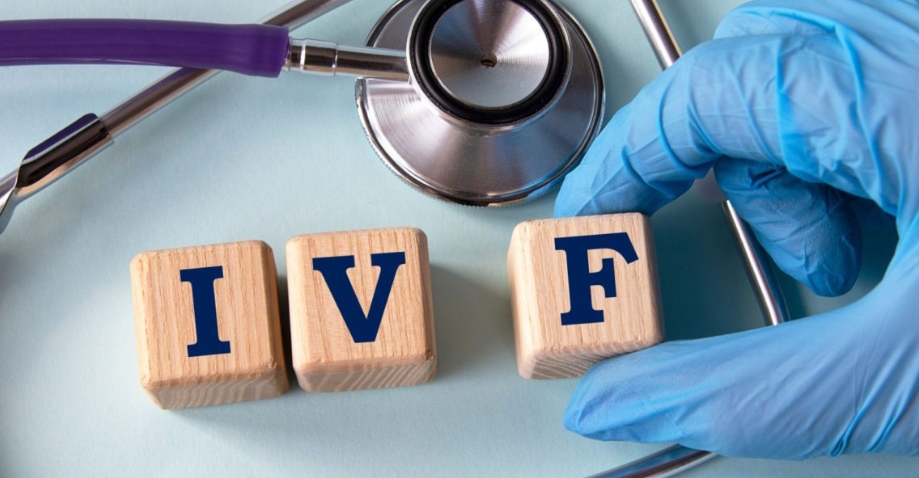In-vitro fertilization (IVF) is a widely used fertility treatment that involves the fertilization of eggs and sperm outside the body in a lab. It’s often recommended for couples dealing with infertility due to age, blocked fallopian tubes, endometriosis, or unexplained reasons. Understanding the process helps reduce anxiety and sets realistic expectations. IVF isn’t a guaranteed solution, but it has helped millions achieve parenthood.
Initial Consultation and Fertility Assessment
This process begins with a thorough consultation with a fertility specialist. This typically includes reviewing medical history, lifestyle factors, and undergoing initial tests like hormone level checks, ultrasounds, and semen analysis. These evaluations help tailor the treatment plan to your specific needs. It’s good to ask questions, understand timelines, and get clarity about possible outcomes. Good communication with your doctor at this stage can ease concerns and build trust throughout the process.
Ovarian Stimulation
Once testing is complete, ovarian stimulation begins. This involves daily hormone injections for 8–14 days to encourage the ovaries to produce multiple eggs. Your doctor will closely monitor hormone levels and follicle growth through blood tests and ultrasounds. The goal is to retrieve multiple mature eggs for fertilization, improving the chances of success. While some women experience bloating or mood swings, the side effects are usually manageable and temporary.
Monitoring Progress
Regular monitoring is an important part of the IVF process. Doctors use ultrasounds and hormone tests to track your body’s response to medication and decide the optimal time for egg retrieval. You’ll likely visit the clinic multiple times during this phase. While this step requires time and commitment, it ensures the best possible outcome by allowing for adjustments when necessary. Staying consistent with appointments is necessary for success.
Egg Retrieval Procedure
Egg retrieval is a short, outpatient procedure performed under mild sedation or anesthesia. Using ultrasound guidance, a needle is inserted into the ovaries to collect mature eggs. You may feel mild cramping or bloating afterward, but most women recover quickly. After the procedure, your eggs are immediately taken to the lab for fertilization.
Sperm Collection and the Fertilization Process
On the same day as egg retrieval, a sperm sample is collected from the partner or a donor. In the lab, the best quality sperm are selected to fertilize the eggs. Fertilization may occur through conventional insemination or ICSI (intracytoplasmic sperm injection), depending on the case. The fertilized eggs are then placed in an incubator to grow into embryos over the next few days, typically monitored by embryologists for quality and to keep track of the developmental stages.
Embryo Culture and Development
After fertilization, embryos are cultured for 3 to 5 days. Embryologists monitor their growth and select the healthiest ones for transfer. Some couples may opt for genetic testing during this phase to screen for abnormalities. Not all fertilized eggs reach the embryo stage, which is normal. High-quality embryos can also be frozen for future use.
Embryo Transfer
The embryo transfer is a simple and painless procedure that doesn’t require anesthesia. A thin catheter is used to place the embryo into the uterus, guided by ultrasound. After the transfer, you’ll rest briefly before heading home. Many clinics advise minimal activity for the next 24–48 hours, although complete bed rest isn’t necessary.
Mumbai has many fertility centers offering modern technology, experienced specialists, and personalized care. Many clinics offer support services like counseling and nutrition planning to help couples through the process. If you’re considering starting your journey, the best IVF centre in Mumbai can provide the guidance and expertise you need to feel supported throughout this process.
The Two-week Wait
This is perhaps the most challenging part of IVF. You’ll wait for about two weeks before taking a pregnancy test. It’s common to experience anxiety, over-analyze symptoms, or feel the urge to test early. Staying distracted, maintaining a routine, and leaning on support systems can help. It’s also important not to interpret mild cramping or spotting as a sign either. Your clinic will advise the best day to take the test.
Confirming Pregnancy and the Next Steps
If the pregnancy test is positive, your clinic will schedule ultrasounds to confirm and monitor early development. If the test is negative, it’s okay to grieve and ask questions about what to do next. Many couples undergo multiple cycles before success.































